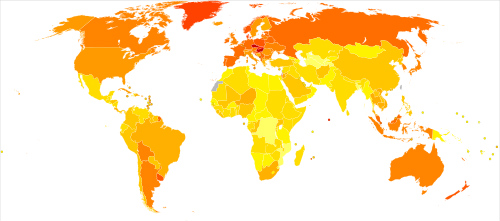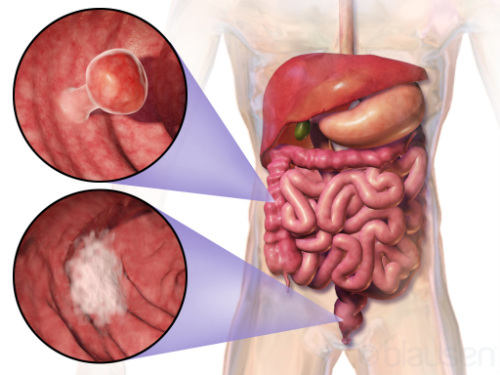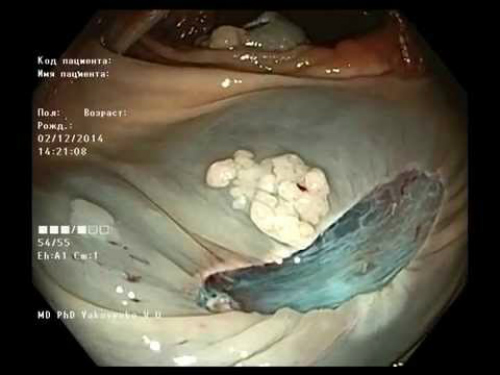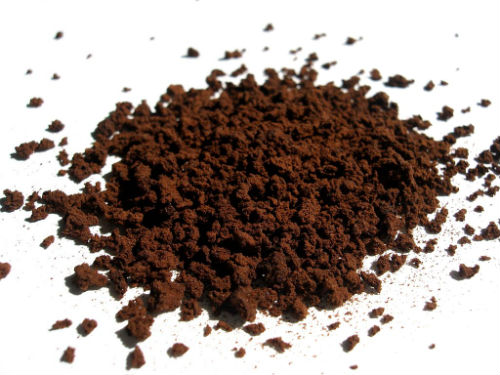- Postoperative consumption of coffee is a safe and effective way to accelerate the re-establishment of bowel function following colorectal resection surgery.
- Length of hospital stay among patients receiving coffee therapy was 8.6 days on average versus 16 days for those who received tea.
- The incidence of postoperative complications was significantly lower among patients who consumed coffee.
- Postoperative coffee consumption was linked to significantly reduced overall cost of care.
Surgery for resection of the colon and rectum result in both anatomic and physiologic changes within the abdominal cavity. Delayed function of the gastrointestinal (GI) tract, flatulence, failure of peristalsis, prolonged spasms, and pain frequently delay recovery following these procedures. Postoperative complications also increase the overall cost of treatment. Early consumption of coffee versus tea was found to result in more rapid restoration of normal GI function without untoward effects, according to a study published recently in Medical Archives. There were approximately 1.4 million cases of colorectal cancers worldwide in 2012 (Figure 1).

Researchers at the Surgery Center Tuzla in Bosnia and Herzegovina conducted a prospective-retrospective clinical study including 60 patients aged ≥18 years (range 31 to 82 years; 24 women) who had undergone open laparotomy with colorectal resection for benign or malignant disease (Figure 2) in 2013 and 2014. The researchers investigated the effects of postoperative coffee versus tea consumption on recovery of normal GI function in these patients.

The tumor of the right colon (Figure 3) was significantly more frequent in subjects who were tea drinkers (n=46 [67%]; P <0.05) versus coffee drinkers (17.86%). Right hemicolectomy was significantly more common among tea drinkers (n=15; 50%) versus those in the coffee group (n=5; 34.48%). Sigmoid/rectosigmoid resection was significantly less frequent (n=2 [6.6%]; P <0.01) in the tea group of tea versus patients in the coffee group (n=10; [35.71%] P <0.01). Stapler anastomosis was significantly more common among coffee consumers (n=22; [78.57%] P <0.01) versus tea drinkers (n=11; [36.67%] P <0.01).

Patients were randomly based on type of surgery, etiology of disease (malignant or benign), and whether patients consumed coffee. Randomized patients were then assigned to 1 of 2 groups. Patients in group 1 (n=30) were given 100mL of instant coffee (Figure 4) per os divided into 3 portions administered at 3 postoperative stages: 1) on postoperative day 1; 2); immediately following removal of the nasogastric tube on postop day 2; and 3) when patients in group 2 received tea. Patients in group 2 received (n=30) 100mL of tea per os in 3 portions on postop day 2. All drinks were served at between 50 and 60 degrees F and they were consumed over a period of 10 minutes.

The researchers monitored 2 sets of postoperative parameters: 1) time to first stool; and 2) whether the nasogastric tube was replaced; whether patients required increased use of laxatives, whether there was anastomotic leak; radiologic and clinical evidence of dehiscence; audit procedures; and patient mortality.
Time to first postoperative stool was significantly shorter among patients who received coffee (80.93h ±6.89h vs. 96.20h±4.417h; P<0.01). The length of hospital stay among coffee consumers averaged 8.6 days versus 16 days for those who drank tea (P <0.01). The incidence of postoperative complications was significantly lower after consumption of coffee (P <0.05).
“Postoperative consumption of coffee cheap and safe way to activate bowel motility after colorectal resection. The time for establishing the first bowel movement and stool after resection of the colon and rectum was significantly shorter in the group of patients who consumed coffee compared to the group that consumed the tea which took less time, and was shorter by 15 hours. Coffee consumption in patients with resection of the colon and rectum reduces total hospital stay, and total hospital costs,” the authors concluded.
